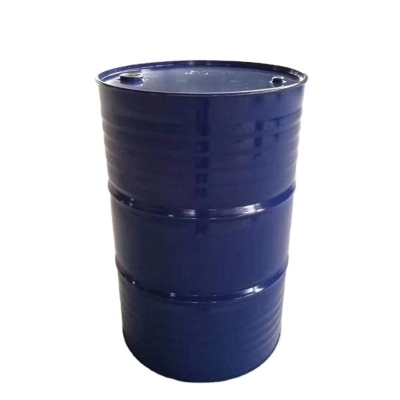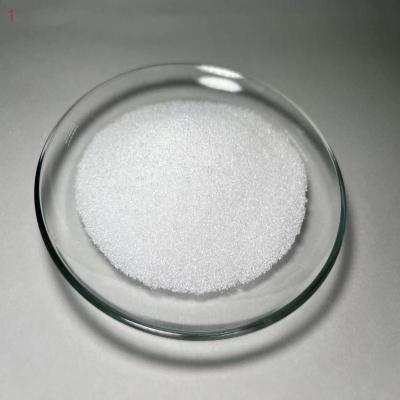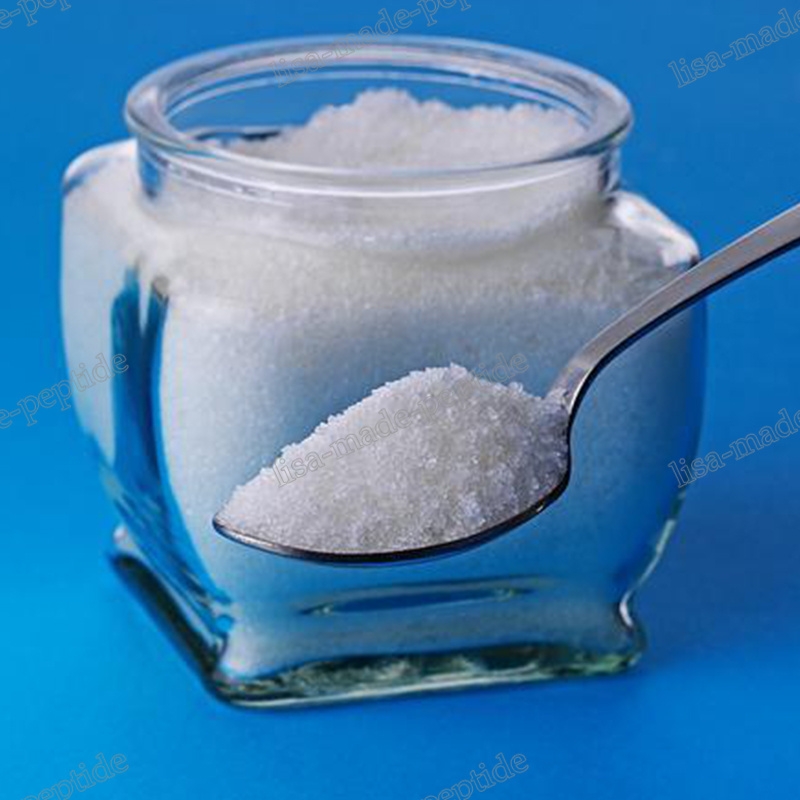-
Categories
-
Pharmaceutical Intermediates
-
Active Pharmaceutical Ingredients
-
Food Additives
- Industrial Coatings
- Agrochemicals
- Dyes and Pigments
- Surfactant
- Flavors and Fragrances
- Chemical Reagents
- Catalyst and Auxiliary
- Natural Products
- Inorganic Chemistry
-
Organic Chemistry
-
Biochemical Engineering
- Analytical Chemistry
-
Cosmetic Ingredient
- Water Treatment Chemical
-
Pharmaceutical Intermediates
Promotion
ECHEMI Mall
Wholesale
Weekly Price
Exhibition
News
-
Trade Service
On November 4, Sinopec, Shell, China Baowu and BASF signed a memorandum of understanding in Shanghai, under which the four parties will jointly launch China's first open 10-million-ton CCUS (carbon dioxide capture, utilization and storage) project in East China to decarbonize existing industries in East China and build a low-carbon product supply chain
.
CCUS, or carbon dioxide capture, utilization and storage, as the name implies, is the process
of reducing carbon dioxide emissions by capturing carbon dioxide from industrial emission sources and using it or injecting it into geological structure storage.
CCUS is a technology with the potential for large-scale emission reduction and is an important technical component to
achieve carbon neutrality.
The project transports carbon sources from industrial enterprises along the Yangtze River, such as steel factories, chemical plants, power plants, cement factories, etc.
, to CO2 receiving stations through tankers, and then transports CO2 from the receiving stations to onshore or offshore storage points through short-distance pipelines, providing flexible, effective and integrated CO2 emission reduction solutions
for industrial enterprises along the Yangtze River in East China.
East China is economically active, and the development of CCUS meets the region's decarbonization needs
.
Taking Jiangsu Province as an example, there are many national industrial parks such as Nanjing Economic Development Zone, Yangzhou Economic Development Zone, Suzhou Industrial Park, and Nantong Economic Development Zone along the river, and the deployment of CCUS cluster projects in this area can effectively reduce decarbonization costs and significantly improve overall operational efficiency
.
The four enterprises in this cooperation complement each other's advantages, using CCUS as a link to jointly build a green and low-carbon supply chain and enhance the international competitiveness
of products.
Sinopec, Shell, China Baowu and BASF are all leading enterprises in the industry, and Sinopec took the lead in building China's first million-ton CCUS project, with CCUS technology and practice in the whole industry chain; Shell has the technical capabilities covering the entire industry chain and experience in the commercial operation of international projects; China Baowu is the world's largest steel enterprise and the first domestic enterprise to release a carbon neutral metallurgical technology roadmap to the world; BASF is one of the world's largest industrial companies, and has an international influence
in establishing industry standards and certification.
Through the project, the four companies will form a strong alliance to decarbonize existing industries, build a low-carbon petrochemical, steel and other product value chain, develop a low-carbon product market system, unlock the added value brought by low-carbon products, and promote the development of
a green and low-carbon circular economy.
Over the years, Sinopec has been committed to leading the development of
China's CCUS industry.
In 2012, the first CCUS project of domestic coal-fired power plants was launched
in Shengli Oilfield.
In 2015, Sinopec Nanhua Corporation and East China Petroleum Bureau joined hands to open a precedent
for the comprehensive utilization of carbon dioxide resources among upstream and downstream enterprises within Sinopec.
In 2022, China's first million-ton CCUS project - "Qilu Petrochemical-Shengli Oilfield Million-ton CCUS Project" was officially injected into operation, marking the beginning of China's CCUS industry into mature commercial operation
.
In 2021, Sinopec captured 1.
52 million tons
of carbon dioxide.
During the "14th Five-Year Plan" period, Sinopec will increase its construction efforts to realize the industrialization of CCUS, opening up broader prospects
for China to achieve the goal of carbon peaking and carbon neutrality.







